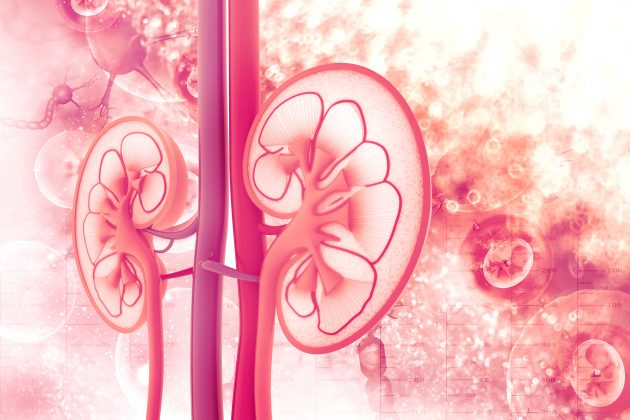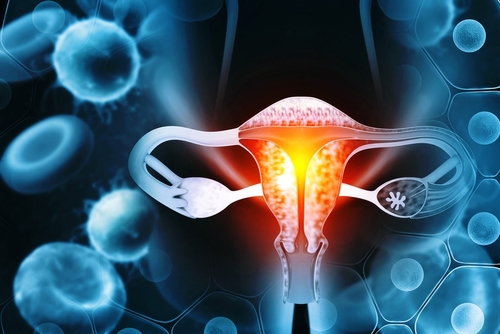Researchers aimed to define incremental peritoneal dialysis (IPD), a renal replacement therapy (RRT) strategy that involves prescribing a lower dose of peritoneal dialysis (PD) compared to the standard full dose, discuss prescription strategies, and evaluate its advantages and disadvantages based on the available evidence. The clearance goals in IPD are achieved through a combination of residual kidney function (RKF) and peritoneal clearance. IPD has been associated with various benefits, including improved quality of life, fewer mechanical symptoms, reduced costs, minimal adverse metabolic effects, and lower plastic waste and water consumption. The preservation of RKF and a decreased risk of peritonitis are also highlighted as potential advantages. Current clinical evidence, although of moderate to low quality, suggests that IPD outcomes are at least comparable to full-dose PD.
Reference: Fernandes A, Matias P, Branco P. Incremental Peritoneal Dialysis-Definition, Prescription, and Clinical Outcomes. Kidney360. 2023 Feb 1;4(2):272-277. doi: 10.34067/KID.0006902022. Epub 2022 Dec 18. PMID: 36821618.
READ MORE > https://pubmed.ncbi.nlm.nih.gov/36821618/








